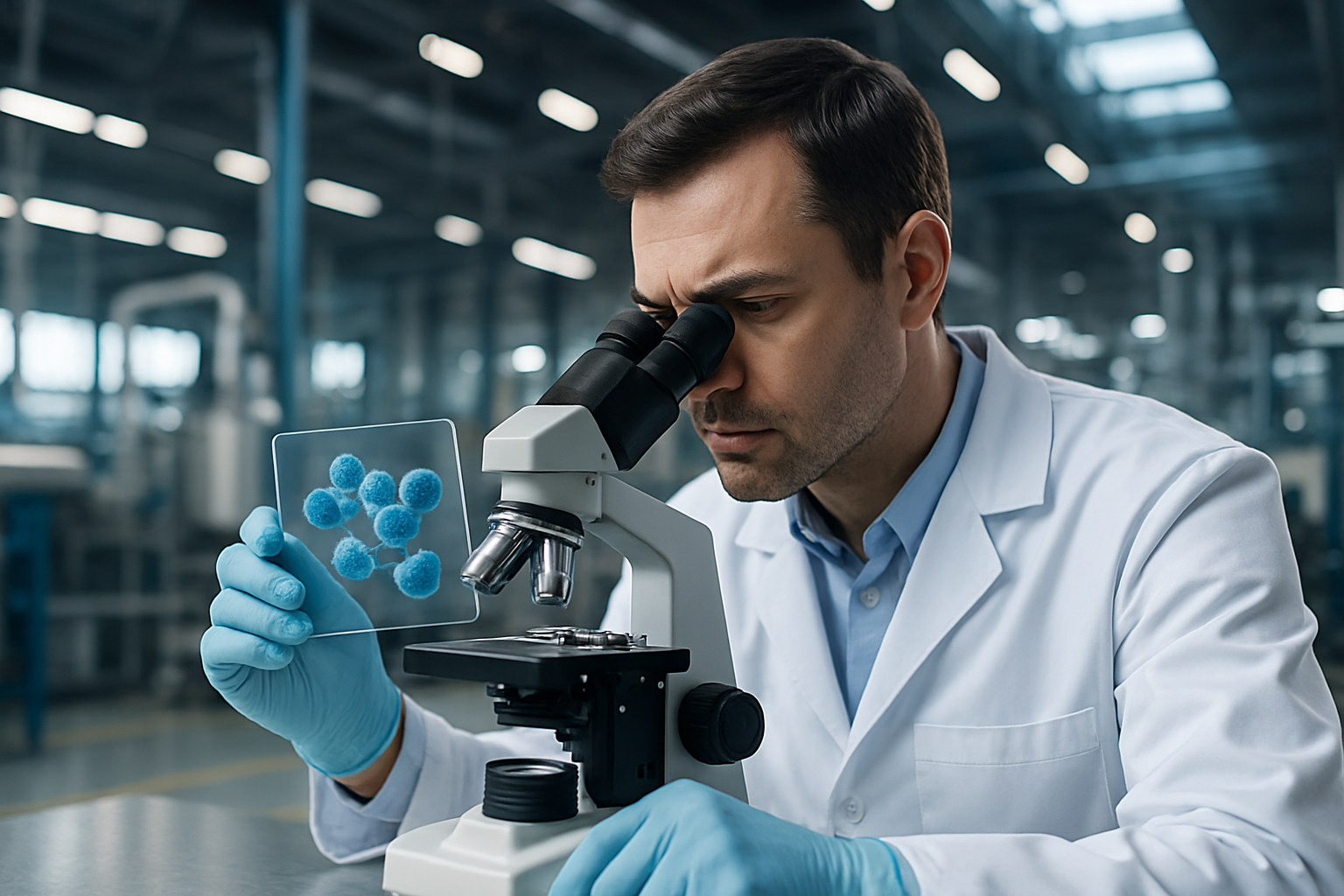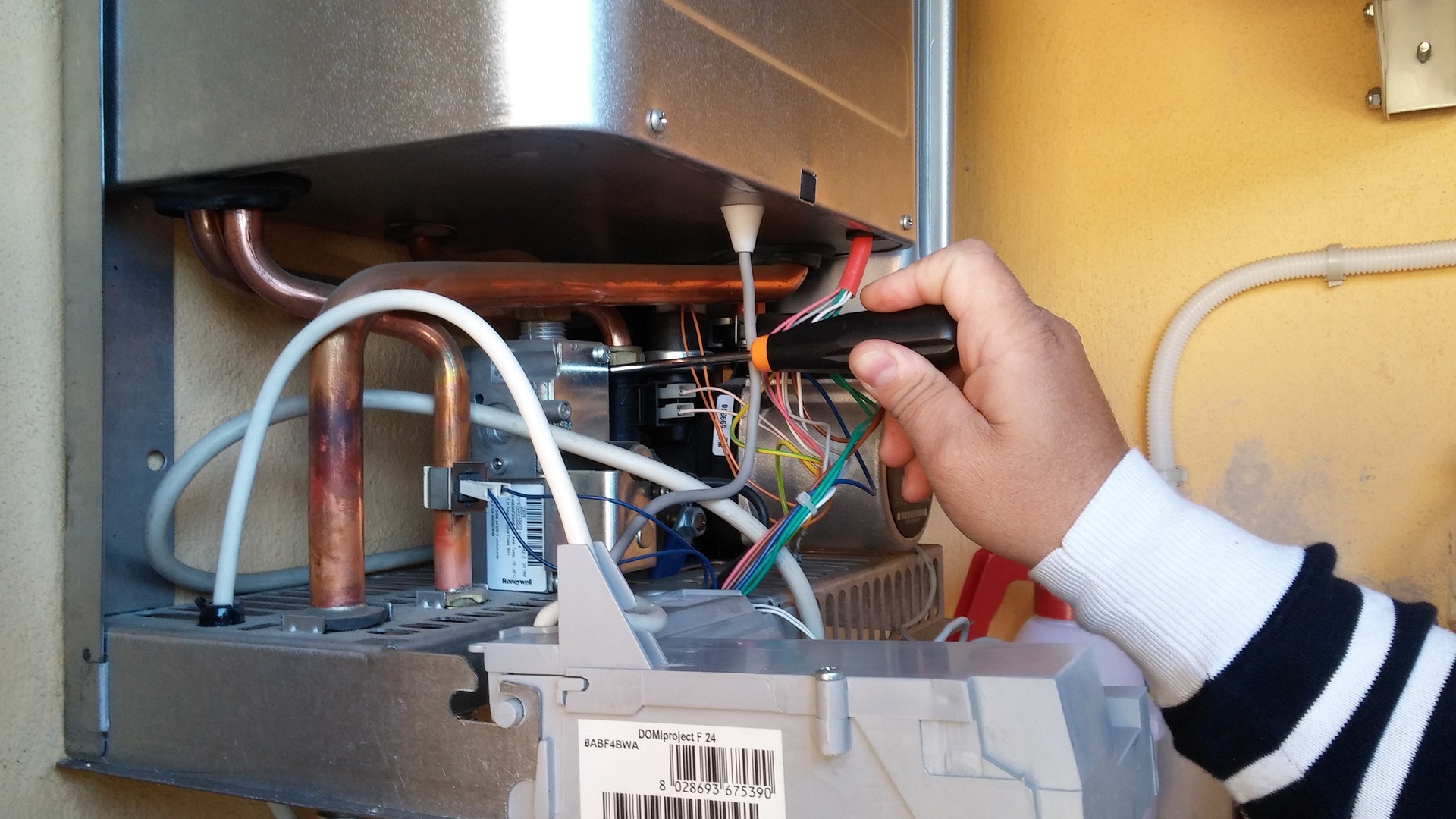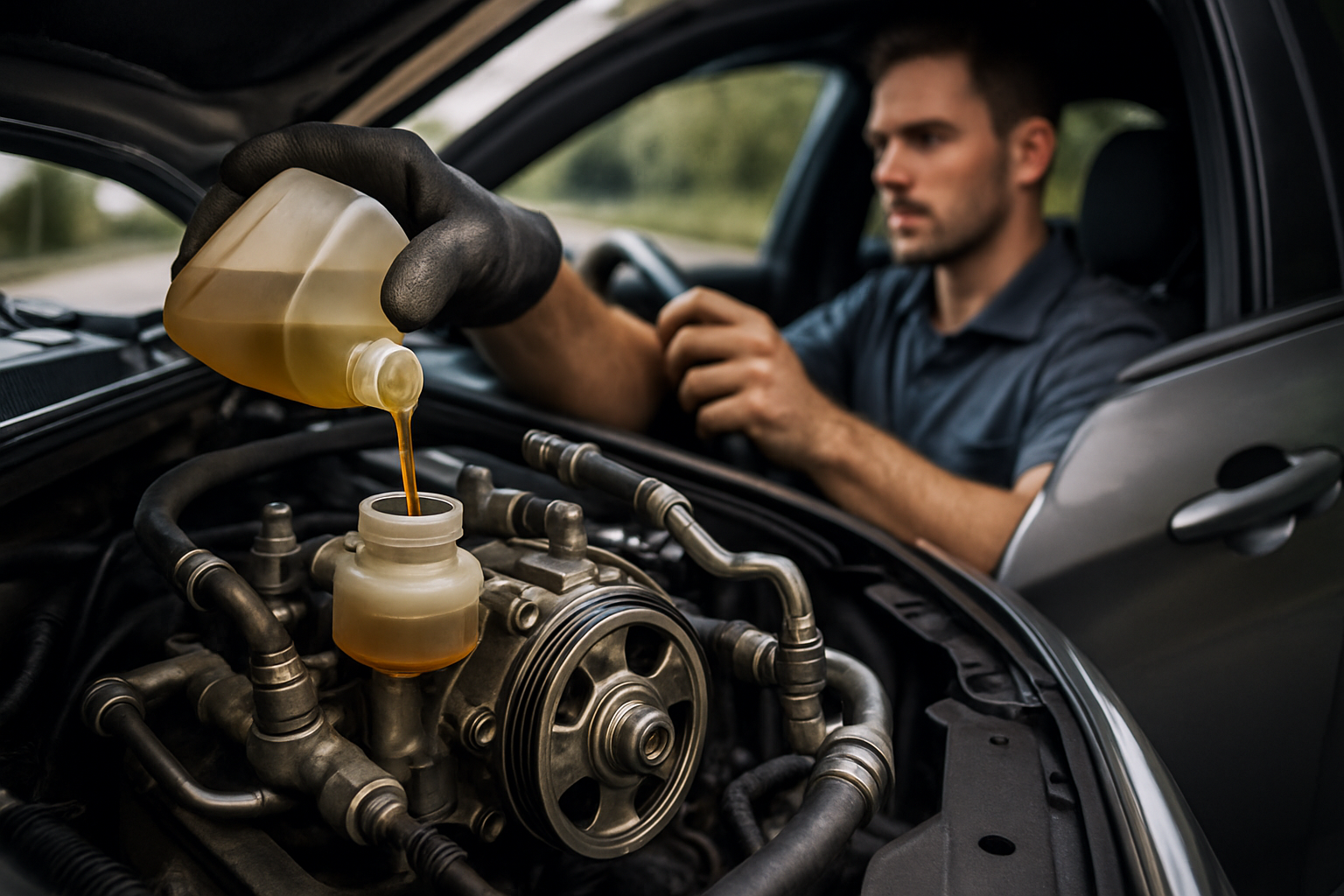Understanding Biocompatibility in Medical Device Development
A benchtop bioreactor is a laboratory device used for cultivating cells or microorganisms under controlled conditions. Commonly applied in research and biotechnology, it allows users to study growth, optimize processes, and explore small-scale production in a manageable setup.

What Are Benchtop Bioreactor Systems for Biomedical Research?
Benchtop bioreactor systems for biomedical research serve as controlled environments for studying how materials interact with biological systems. These compact laboratory instruments simulate physiological conditions, allowing researchers to evaluate biocompatibility under standardized parameters. Modern bioreactor systems control temperature, pH, oxygen levels, and nutrient flow to replicate human tissue environments accurately.
Researchers utilize these systems to test medical devices, biomaterials, and pharmaceutical compounds before clinical trials. The controlled environment enables reproducible results while reducing the need for animal testing in early development stages.
How Do Benchtop Bioreactors Support Cell Culture Research?
Benchtop bioreactor for cell culture research applications focus on maintaining viable cell populations while exposing them to test materials. These systems provide precise control over environmental factors that influence cell behavior, including mechanical stimulation, nutrient gradients, and waste removal.
Cell culture research within bioreactors allows scientists to observe cellular responses to biomaterials in real-time. This approach helps identify potential cytotoxic effects, inflammatory responses, or beneficial interactions between materials and living cells. The data collected supports biocompatibility assessments required for regulatory approval.
Why Use Benchtop Bioreactors for Biocompatibility Studies?
Benchtop bioreactor for biocompatibility studies offers several advantages over traditional testing methods. These systems provide consistent, reproducible conditions that eliminate variables common in static culture environments. The dynamic flow conditions better simulate blood circulation and tissue perfusion found in the human body.
Biocompatibility studies using bioreactors can evaluate multiple parameters simultaneously, including material degradation, cellular viability, and inflammatory marker expression. This comprehensive approach accelerates the development timeline while providing robust safety data for regulatory submissions.
Essential Components of Biocompatibility Testing
Biocompatibility testing encompasses multiple evaluation categories defined by international standards such as ISO 10993. These assessments include cytotoxicity testing, sensitization studies, irritation evaluations, and systemic toxicity analysis. Each test category addresses specific biological responses that materials might trigger.
The testing protocol depends on the intended use and duration of contact with biological tissues. Short-term contact devices require less extensive testing than permanent implants. Surface-contacting devices need different evaluations than those intended for blood contact or tissue implantation.
Regulatory Framework and Standards
Regulatory agencies worldwide require biocompatibility data for medical device approval. The FDA, European Medicines Agency, and other regulatory bodies reference ISO 10993 standards for biocompatibility evaluation. These standards provide guidance on test selection, methodology, and acceptance criteria.
Manufacturers must demonstrate that their devices meet biocompatibility requirements through appropriate testing protocols. The regulatory pathway varies based on device classification, with higher-risk devices requiring more comprehensive biocompatibility data.
| System Type | Provider | Key Features | Cost Estimation |
|---|---|---|---|
| Perfusion Bioreactor | Cellexus | Automated control, sterile sampling | $15,000-$25,000 |
| Stirred Tank System | Eppendorf | Multi-vessel capability, data logging | $20,000-$35,000 |
| Microfluidic Platform | Emulate | Organ-on-chip technology, real-time monitoring | $30,000-$50,000 |
| Rotating Wall Vessel | Synthecon | Low shear environment, 3D culture | $10,000-$18,000 |
Prices, rates, or cost estimates mentioned in this article are based on the latest available information but may change over time. Independent research is advised before making financial decisions.
Future Directions in Biocompatibility Assessment
Advanced biocompatibility testing increasingly incorporates organ-on-chip technologies and artificial intelligence analysis. These innovations provide more predictive models of human biological responses while reducing testing costs and timeframes. Machine learning algorithms help identify patterns in biocompatibility data that traditional methods might miss.
The integration of real-time monitoring capabilities allows continuous assessment of biological responses throughout testing periods. This approach provides more comprehensive data on material performance and safety profiles, supporting more informed regulatory decisions and improved patient outcomes.
This article is for informational purposes only and should not be considered medical advice. Please consult a qualified healthcare professional for personalized guidance and treatment.




